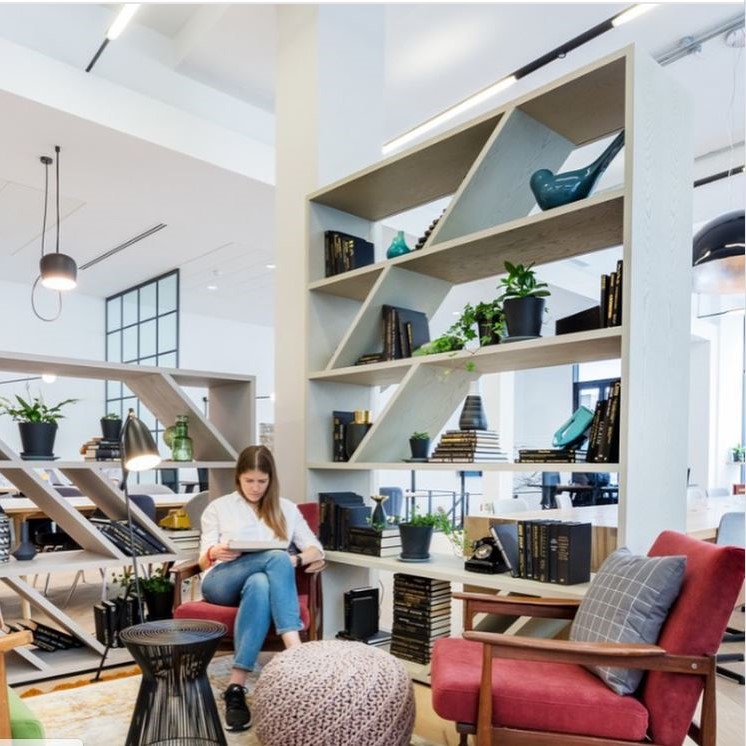To provide the best experiences, we use technologies like cookies to store and/or access device information. Consenting to these technologies will allow us to process data such as browsing behaviour or unique IDs on this site. Not consenting or withdrawing consent, may adversely affect certain features and functions.
The technical storage or access is strictly necessary for the legitimate purpose of enabling the use of a specific service explicitly requested by the subscriber or user, or for the sole purpose of carrying out the transmission of a communication over an electronic communications network.
The technical storage or access is necessary for the legitimate purpose of storing preferences that are not requested by the subscriber or user.
The technical storage or access that is used exclusively for statistical purposes.
The technical storage or access that is used exclusively for anonymous statistical purposes. Without a subpoena, voluntary compliance on the part of your Internet Service Provider, or additional records from a third party, information stored or retrieved for this purpose alone cannot usually be used to identify you.
The technical storage or access is required to create user profiles to send advertising, or to track the user on a website or across several websites for similar marketing purposes.
 Taking time off improves the work performance of freelancers, a new study from IPSE (the Association of Independent Professionals and the Self-Employed) claims. The research suggests that almost two-thirds of freelancers believe taking holiday improves their work performance in some way. Asked what advantages came with taking more time off, 63 percent said it improved aspects of their work including productivity, energy, creativity and confidence in their work. More →
Taking time off improves the work performance of freelancers, a new study from IPSE (the Association of Independent Professionals and the Self-Employed) claims. The research suggests that almost two-thirds of freelancers believe taking holiday improves their work performance in some way. Asked what advantages came with taking more time off, 63 percent said it improved aspects of their work including productivity, energy, creativity and confidence in their work. More →













 For many working parents the summer school holidays can be a cause of stress instead of a time for rest and relaxation.With children no longer occupied at school, many parents choose to work from home to juggle both work and childcare, but productivity can suffer with family, pets and noisy household appliances found to be the main distractions for home workers. The
For many working parents the summer school holidays can be a cause of stress instead of a time for rest and relaxation.With children no longer occupied at school, many parents choose to work from home to juggle both work and childcare, but productivity can suffer with family, pets and noisy household appliances found to be the main distractions for home workers. The 
 One in five dads says their working schedule means they are missing out on seeing their children growing up, claims
One in five dads says their working schedule means they are missing out on seeing their children growing up, claims 






















August 23, 2019
Summertime childcare juggling needs to be consigned to history
by Han Son Lee • Comment, Flexible working